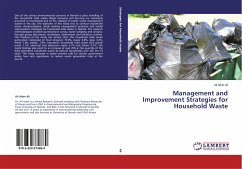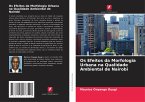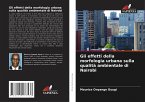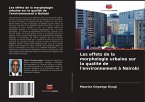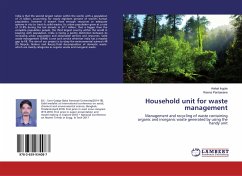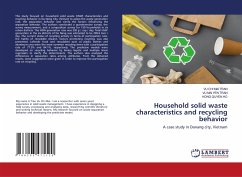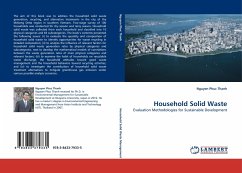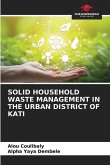One of the serious environmental concerns in Nairobi is poor handling of the household solid waste. Illegal dumping and burning are commonly practiced in households due to the collapse of public waste management system in the city. The objective of this study was to conduct household waste characterisation, study existing management practices and model improvement strategies for household solid waste in Nairobi. The research methodologies involved questionnaire survey, waste sampling and analysis, focused group discussions, workshops, observation and literature reviews. The findings of the study has shown that, the household solid waste generation composed of food (organic) 73.2%, paper 6.8%, glass 3.4%, metal 5.3%, plastic, 7.8%, hazardous household solid waste and special waste 1.1%, electrical and electronic waste 2.7% and others 3.7%. The study findings also point to an increase of over 25% in the quantity of the daily generated household waste by Nairobi households over the last 10 years. The huge increase in waste streams calls for serious government policy, laws and regulations to reduce waste generation rates at the source.
Bitte wählen Sie Ihr Anliegen aus.
Rechnungen
Retourenschein anfordern
Bestellstatus
Storno

